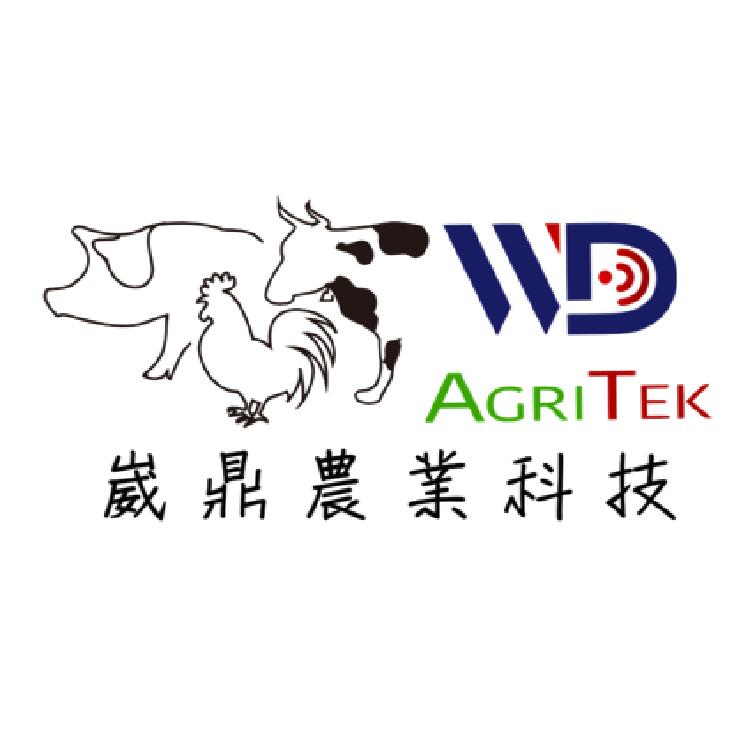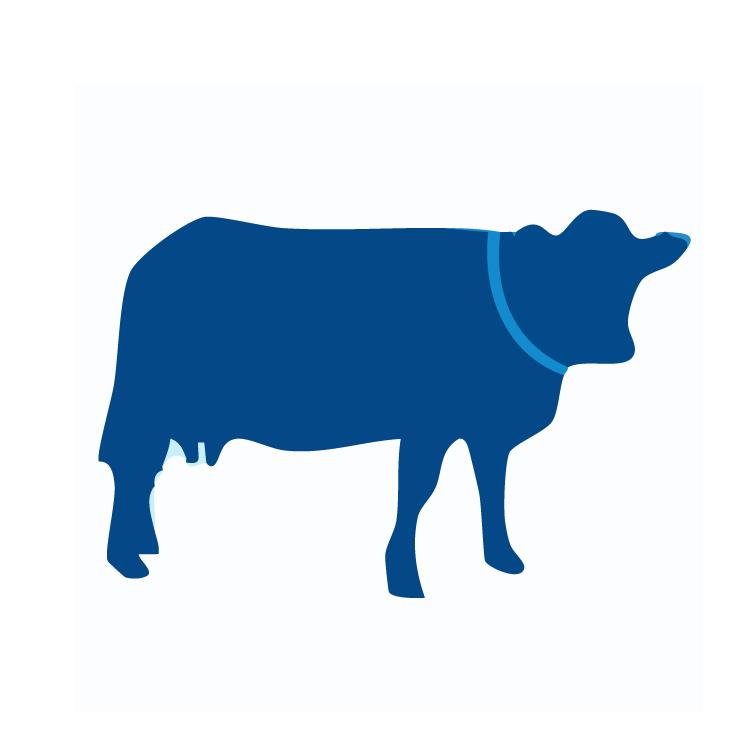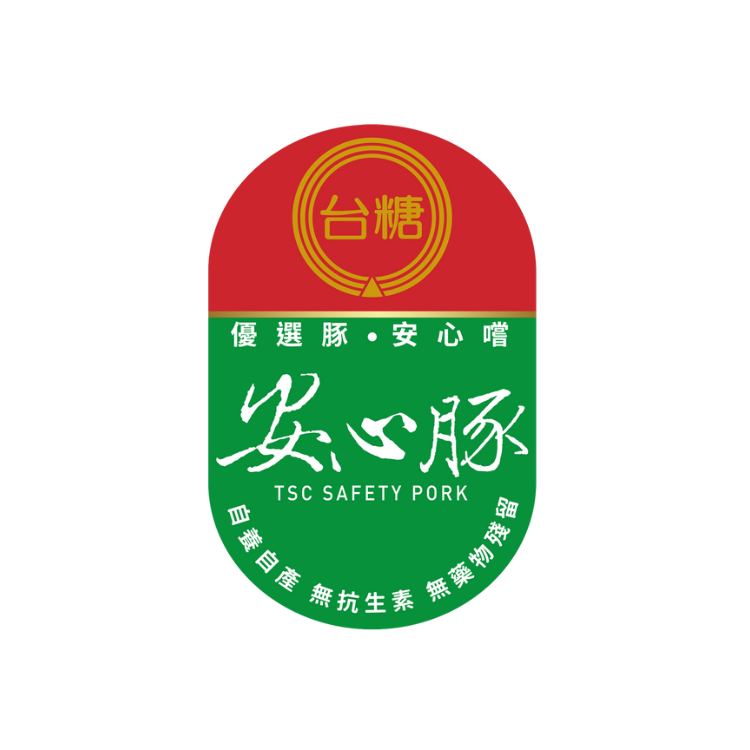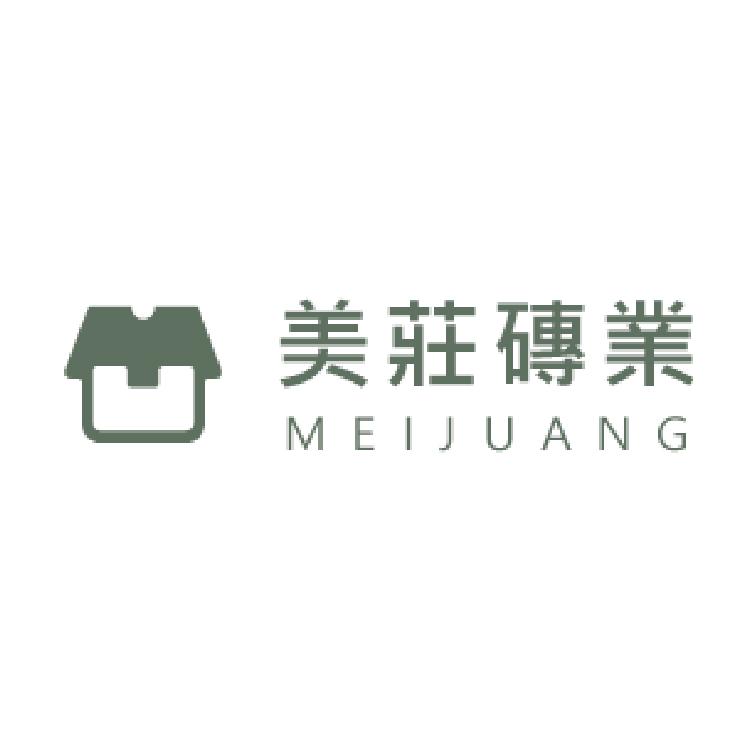
NATIONAL TSING HUA UNIVERSITY (STARTUP : CELL3SOLUTIONS)
- Booth No.TBC
- Websitehttps://www.nthu.edu.tw/
- Address101, Section 2, Kuang-Fu Road. HSINCHU CITY 300044 TAIWAN
Company Profile
Our company has observed that the domestic pork selective breeding market lacks mature technology. Therefore, we took the opportunity to develop a simple and low-cost microchannel sperm selection chip, aiming to achieve high efficiency and cost-effectiveness. In the initial stage of our company's startup, we will focus on cooperating with breeding farms, allocating all resources to seize the opportunity in the "pig" market. We will also build a reputation through collaboration in "rehabilitation" efforts to deter competitors. Once the market stabilizes, we plan to expand our commercial scale through partnerships with integrated farms. After three years of company establishment, we aim to expand internationally, primarily targeting Asian countries with significant pork markets. Our plan is to promote this technology in countries with a large demand for pork.
The selective chip developed by our company can roughly distinguish between X and Y sperm. Compared to a flow cytometer, this chip does not harm sperm. Furthermore, through our team's developed sperm vitality screening chip, we can provide semen that is both "selective" and "highly active." This semen can be used for animals with a larger demand for fertilization, not limited to ruminants. Therefore, in addition to pigs, it can also be expanded for use in gender selection for other animals in the future.
Currently, our company is collaborating with the Agricultural Science Institute to validate the integrity of this technology development. After two rounds of IVF verification, the proportion of XX in the fertilized eggs has shown an astonishing growth of up to twice that of the control group.
Currently, domestic research units such as the Livestock Research Institute still utilize flow cytometry separation technology. However, these instruments are very expensive, and the number of sperm is insufficient for on-site breeding use. In light of this, our company's selective chip technology not only shortens operation time but also causes no harm to sperm and significantly increases the quantity of sperm separated in a single sorting compared to flow cytometry separation technology, by three orders of magnitude. Furthermore, our selective chip has been tested and found to be durable enough for up to five reuses, leading to a substantial reduction in costs. Most importantly, the applicability of this technology is no longer limited to ruminants but extends to all economically valuable species with selective breeding demands on the market.
The selective chip developed by our company can roughly distinguish between X and Y sperm. Compared to a flow cytometer, this chip does not harm sperm. Furthermore, through our team's developed sperm vitality screening chip, we can provide semen that is both "selective" and "highly active." This semen can be used for animals with a larger demand for fertilization, not limited to ruminants. Therefore, in addition to pigs, it can also be expanded for use in gender selection for other animals in the future.
Currently, our company is collaborating with the Agricultural Science Institute to validate the integrity of this technology development. After two rounds of IVF verification, the proportion of XX in the fertilized eggs has shown an astonishing growth of up to twice that of the control group.
Currently, domestic research units such as the Livestock Research Institute still utilize flow cytometry separation technology. However, these instruments are very expensive, and the number of sperm is insufficient for on-site breeding use. In light of this, our company's selective chip technology not only shortens operation time but also causes no harm to sperm and significantly increases the quantity of sperm separated in a single sorting compared to flow cytometry separation technology, by three orders of magnitude. Furthermore, our selective chip has been tested and found to be durable enough for up to five reuses, leading to a substantial reduction in costs. Most importantly, the applicability of this technology is no longer limited to ruminants but extends to all economically valuable species with selective breeding demands on the market.


















